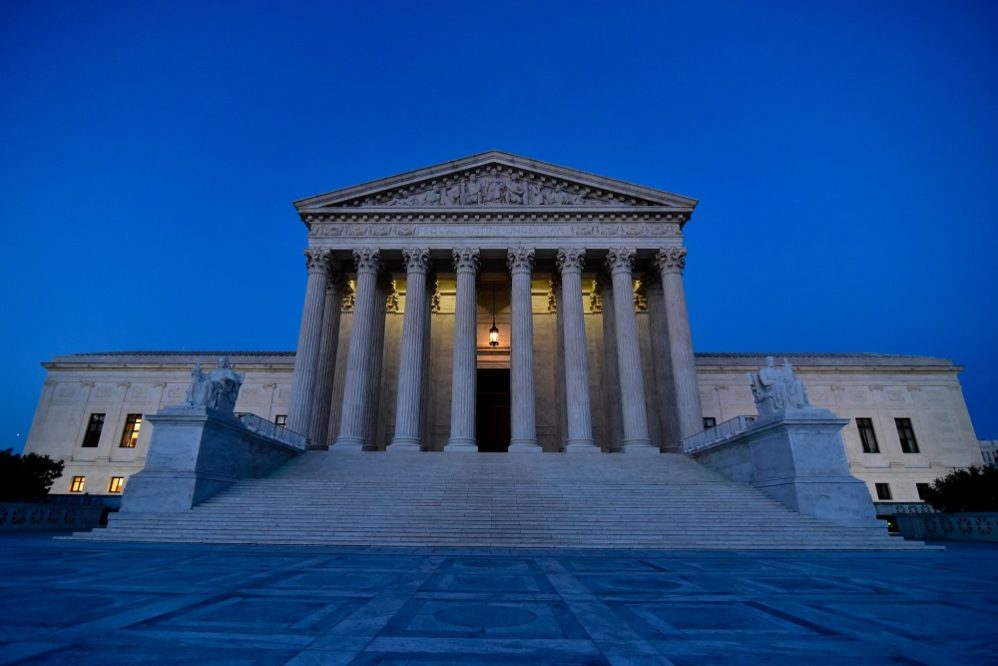The judiciary’s rulings are not the supreme law of the land, even rulings from the Supreme Court. The judiciary is not the only or even final arbiter on the Constitution.
Several 2020 candidates are determined to mainstream the perverse idea of expanding the Supreme Court to achieve policy victories. Such court-packing defies the intent, function, and ideals of the American judiciary.
Americans have been told a lie about the constitutional balance of power. Despite activist assertions to the contrary, the Supreme Court is not a supreme constitutional council with the sole and final say on legal matters. We have accepted a larger than life picture of the judiciary, and it is slowly destroying individual liberty and the constitutional order laid down by the founders.
The Constitution outlines the role of the courts, but for some time they have been operating beyond their proper function. We must change how we see them, understand their appropriate role, and stop allowing the growth of power. Each new interpretation of plain text that widens the judiciary’s authority is a dangerous violation of the separation of powers. If executive overreach concerns you, judicial overreach doubly should.
To correct a few common misconceptions, the judiciary’s rulings are not the supreme law of the land, even rulings from the Supreme Court. The judiciary is not the only or even final arbiter on the Constitution. And the judiciary is not a truly co-equal branch of government.
Court Opinions Are Not Supreme Law
Article VI of the Constitution describes what qualifies as the law of the land.
This Constitution, and the Laws of the United States which shall be made in Pursuance thereof; and all Treaties made, or which shall be made, under the Authority of the United States, shall be the supreme Law of the Land…
The only national laws are the Constitution, congressional law, and treaties. Conspicuously missing are Supreme Court decisions. While the court is known for deciding the constitutionality of laws, its decisions are not themselves laws. In the strictest sense, the opinions rendered by the Supreme Court are binding only on the parties before it.Read the rest from Benjamin R. Dierker HERE at The Federalist.
If you like what you see, please "Like" us on Facebook either here or here. Please follow us on Twitter here.



No comments:
Post a Comment